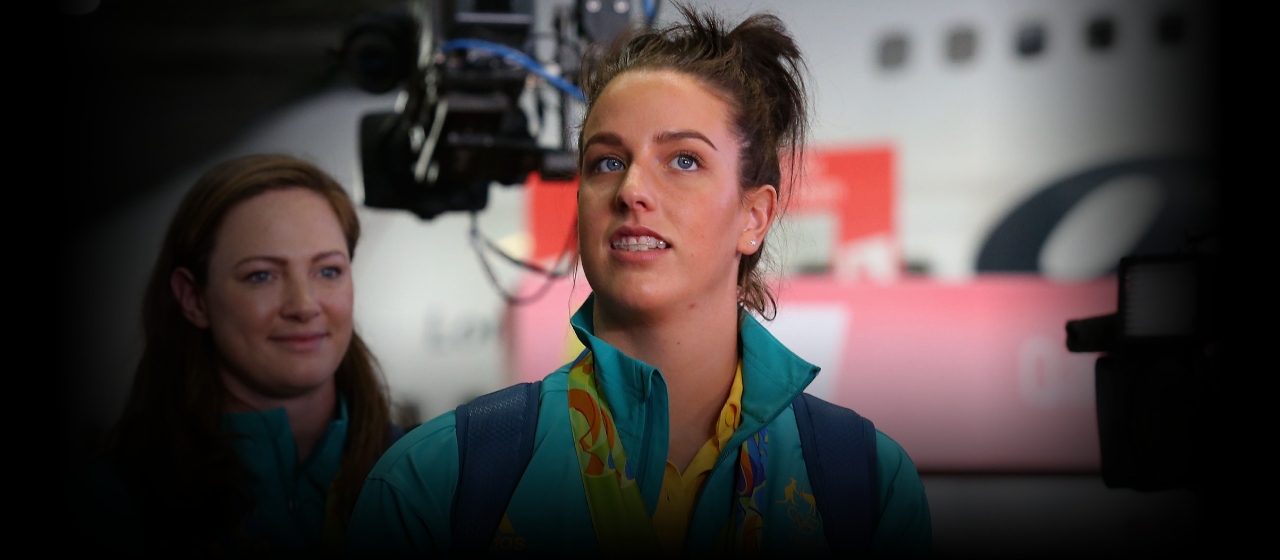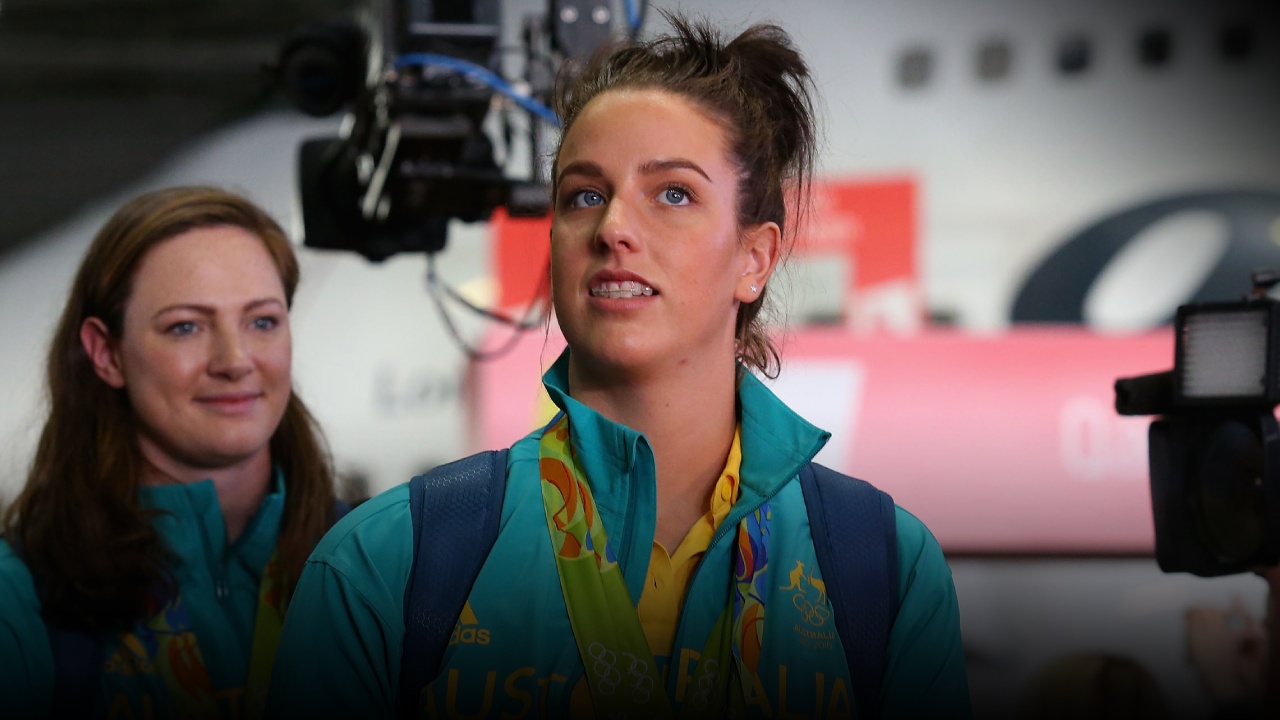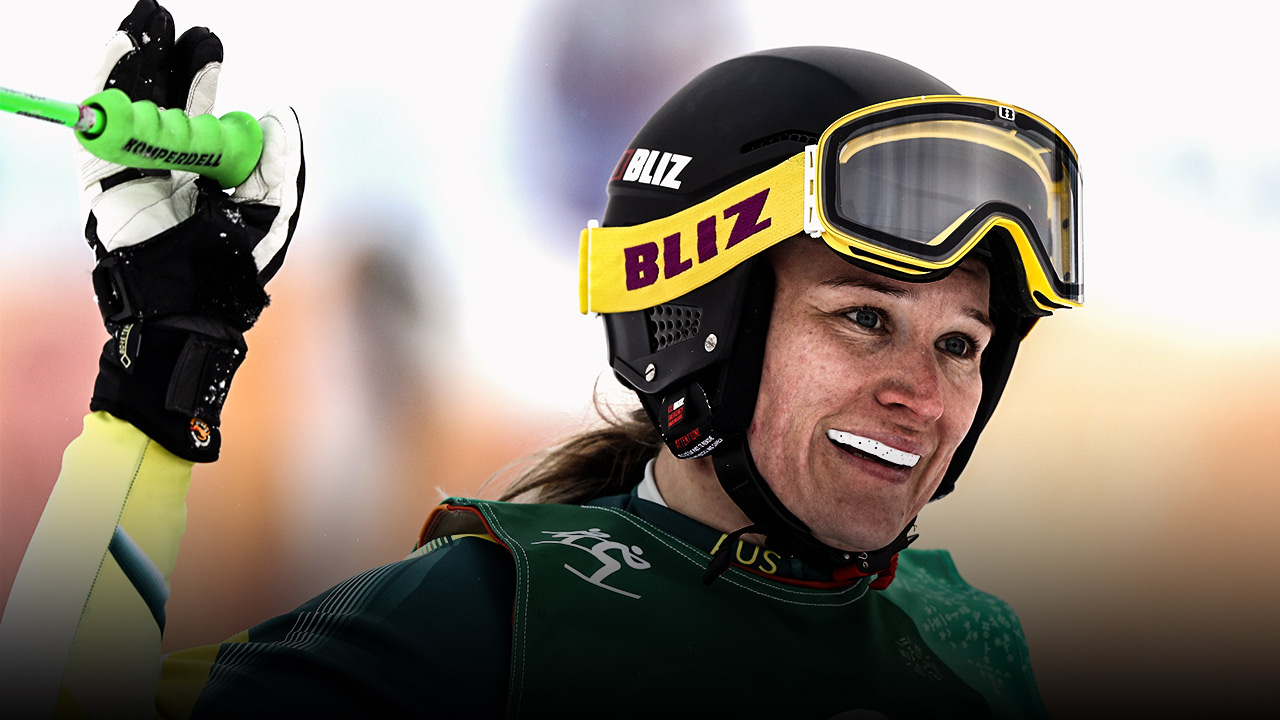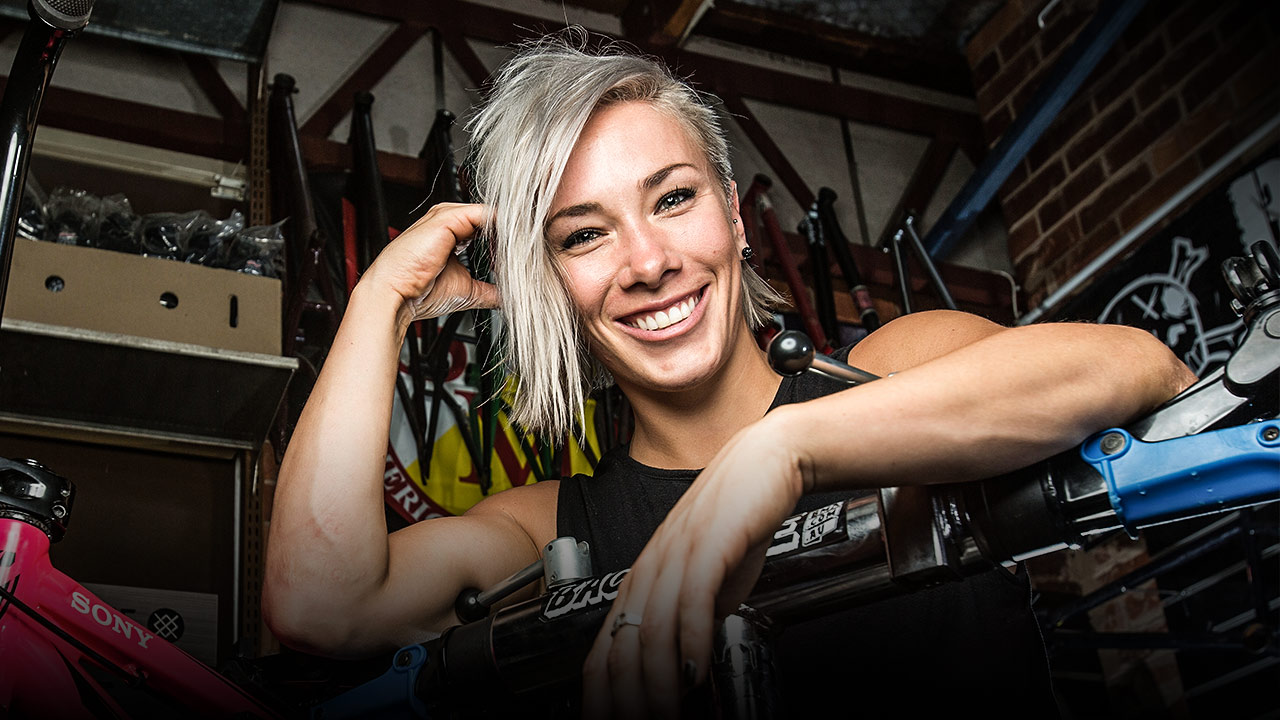Brands
Leaving the sport you love doesn’t have to be scary
The word ‘transition’ can be quite scary.
When people think about walking away from their chosen sport – in my case swimming – it is a significant moment.
From 12 to 25 my life revolved around training and racing and competing for my country. That was my structure for everything, my days and years.
From about 16 I found myself observing other athletes and how they transitioned after sport. I began to notice a lot of people struggled with their transition. At the time I was still in the swimming bubble, so I couldn’t fully comprehend why.
As I got older, a few of my friends in the sport started transitioning and I enjoyed talking to them about the process, which helped me get an idea of how I might like to approach it when I was ready.
I had said to myself from a young age that as soon as I realised I didn’t love it anymore then I owed it to myself to walk away. Although I knew it would come, the actual realisation was a weird experience.
“Do I actually enjoy this or am I only doing it because it’s all I know how to do?”
Like most athletes, I had faced a few life adversities outside of the pool during my career. I got to a point where I couldn’t handle the roller coaster of emotions that elite sport takes you on. It started eating away at me as a person and I was exhausted.
Physically I could still swim, and I could still rock up to training but mentally I found, on more and more days of the week, I didn’t want to be there. That was hard to deal with. I had always loved training hard, prided myself on that, loved being around other like-minded people, challenging myself every day.
I’d like to think I was known as a hard trainer. I pushed myself to the limit every time my body was able to get there. It was my form of daily validation and when I started to rock up to training and there wasn’t a desire to be there, when I noticed I started to occasionally try to wish training sessions away, I knew something had changed.
I feel like the people close to me could see it, although I didn’t talk much about it then. I’ve been retired for a year, and since have done a lot of reflection. I feel like I could only do that once I was out of it.
Since I was still in the swimming bubble I found it hard to take a minute, step back and reassess, ask myself ‘do I actually enjoy this or am I only doing it because it’s all I know how to do?’. I was afraid the moment I started to think like that, I’d lose my killer instinct. Little did I realise I had sub-consiously lost it a while ago.
PASSION V DESPERATION
In 2018, I didn’t qualify for the Commonwealth Games and it was the first senior team I’d missed since 2012 when I qualified for the London Olympics.
I didn’t know it at the time but it was a blessing in disguise as it made me take a step back and prompted me to explore other options. I’d always envisaged myself going to three Olympics and I thought a change of scenery would help me refresh.
Growing up in Noosa, I was heavily involved in surf lifesaving during my childhood but then I moved to Brisbane at 16 to pursue my swimming. Being an hour from the beach while in Brisbane slowly ate away at me. Every chance I could get I would drive to the coast to be near the ocean. I knew wherever I was going to move to this time needed to be coastal.
I decided I wanted to train with Peter ‘Bish’ Bishop down here in Adelaide with the South Australian Sports Institute. I had known Bish for years from being on Australian teams together. Being down in Adelaide with the ocean so close again I felt like myself. Not only did I start to feel more content than I’d ever been, I was also content enough to actually honour the fact that I thought I was done with swimming.
It was 2019 and, at that point, the Olympics were only a year away. I was faced with going against what I thought I wanted and honouring what I actually did want.
We had national championships in Adelaide. I made the finals in the 100m freestyle, did okay, but I remember standing behind the blocks and not one part of me wanted to be there.

That was bizarre because the reason I loved swimming was because I loved racing; the one part of the sport where you’re completely by yourself and have 100 percent control over the outcome.
Throughout that week I drove to the pool for finals and would sit in my car bawling my eyes out because I didn’t want to get out. No one knew. I didn’t tell my coach.
I’d eventually pull myself together, walk in and have a smile on my face and be the Brit that everyone knew.
I have this switch where if I’m doing something that’s what I’m doing, everything else can wait. I can compartmentalise my emotions and shut it off.
There were times in my career where that was my biggest strength but as I’ve grown as a human it’s also become a weakness because it’s prevented me from healing or dealing with experiences that I haven’t wanted to revisit. It just sits there because you buried it.
Then I realised I was willing myself to do something that I didn’t actually want to do anymore. No one else was forcing me to do it. I was the only one.
I learned the difference between passion and desperation.
I FELT REALLY SUPPORTED
When I started swimming, if you told me everything I ended up achieving I would have thought you were kidding. I never started because I wanted to win gold medals and go to three Olympics; so why would I make myself keep swimming for a third Olympics if that wasn’t the reason I started in the first place? That’s how I unpacked it.
After that meet, we had two days off. On my next session we were doing a recovery 5km and, throughout it, I couldn’t shake the thought ‘this is my last training session’.
I sat down with Bish and had an honest chat about where I was at and where I needed to be. It was the first time where I thought ‘I know what it takes to get the goal but I don’t have that in me and I don’t actually need it or want it to feel content’.
He said ‘think about it, don’t make any rash decisions’. It was a 300-metre walk to the car. I sat down in the seat and thought, ‘oh, I’ve finished swimming’.
More about: AIS | Brittany Elmslie | Olympic Games | Swimming






 Load More
Load More